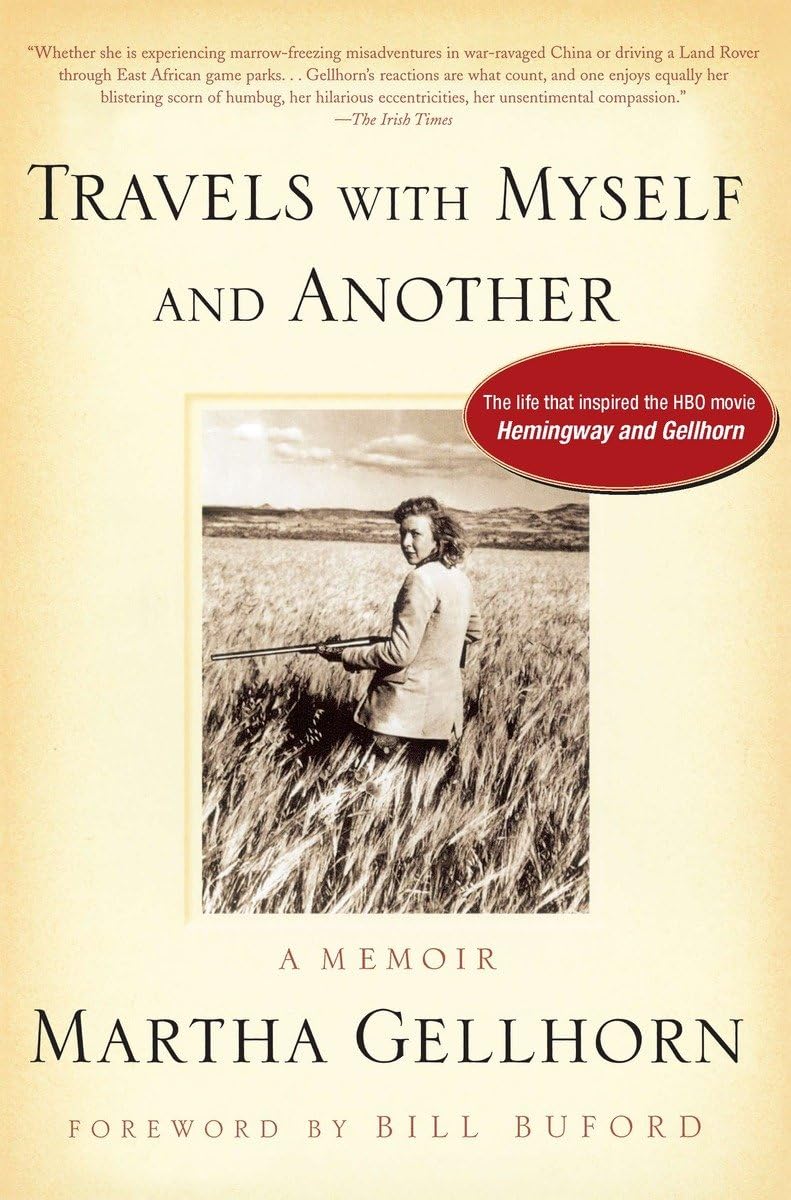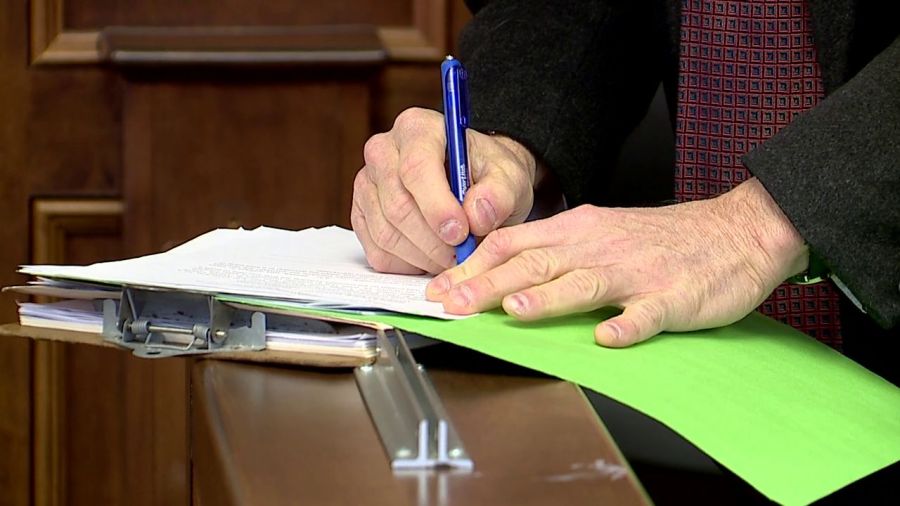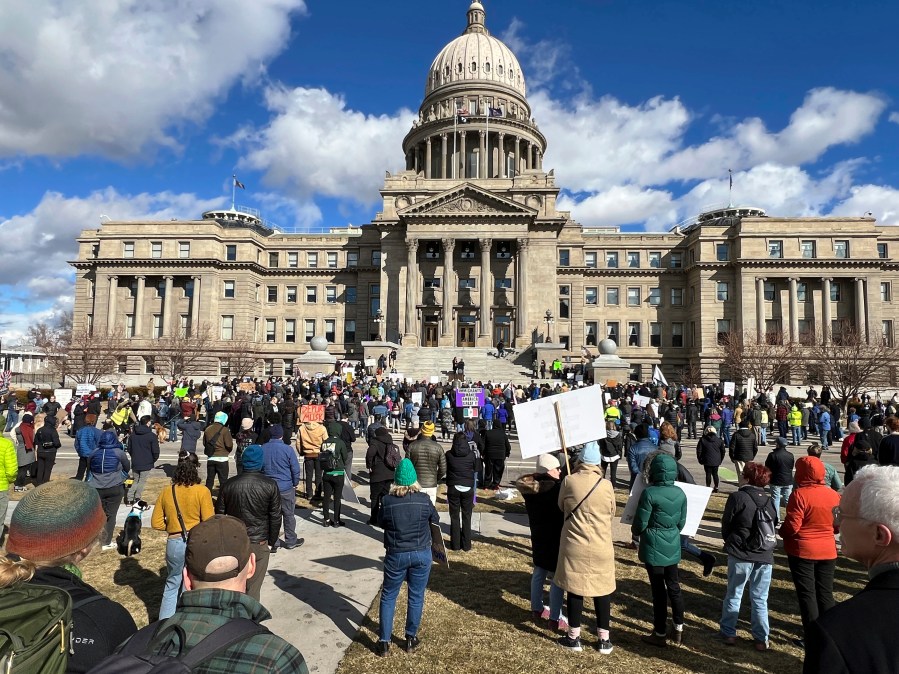In the nineteen-nineties, Fuchsia Dunlop—now a celebrated food writer and expert in Chinese cooking—enrolled at the Sichuan Institute of Higher Cuisine, becoming the first foreigner to attend one of China’s most venerated culinary schools. Recently, Dunlop joined us to discuss a collection of books that chronicle the experiences of foreign adventurers in China. She aims, in her reading, “to steep myself in the atmosphere of a place, to understand the context of the food and to help people relate to it.” Her remarks have been edited and condensed.
Travels with Myself and Another
by Martha Gellhorn
The English publisher Eland brings a lot of fascinating, forgotten material back into print. Often, these are descriptions of worlds largely lost—for instance, “Forgotten Kingdom,” by Peter Goullart, which is a memoir about living in Yunnan Province, in southwestern China, as a Russian expat in the late nineteen-thirties and forties.
Another one of its discoveries is this collection of reportage, which includes an account of Gellhorn’s travels around China in the forties, with Ernest Hemingway. China had been an empire until 1911, ruled by emperors from the Forbidden City. Then there was a revolution followed by decades of a new but divided government. It was very chaotic, but Gellhorn and Hemingway are sort of invincible and up for anything, as war reporters are. Among other places, they visited Chongqing, which was then the nationalist capital, and where they met Zhou Enlai and Chiang Kai-shek. Their incredibly personal journey offers an extraordinary picture of China in the midst of civil war and Japanese occupation.
Peking Story
by David Kidd
This is another one from Eland. Kidd was in China as a young man, and married the daughter of a grand old Beijing family. He lived there in the nineteen-forties, and was there in 1949, when the Communists took over.
I had never read a firsthand memoir of the period when the old regime and new regime overlapped. The way he describes the life of this family, in their beautiful mansion with its elegant garden, is somewhat romantic. But then the new government begins encroaching on their life, and it’s really the end of an era. Ultimately, he has to leave. In the final chapter, he revisits China in 1981. That section gives you a glimpse of life there about thirty years after the Communists took over.
Hand-Grenade Practice in Peking
by Frances Wood
Wood, who used to be in charge of the Chinese collections at the British Library, was one of the first foreign students to go to China during the Cultural Revolution. She had been studying the language, and had a chance to go in 1975, when the country had just started opening up. It was another extraordinary period in Chinese history. Wood was actually a worker-peasant student, and had to do manual labor—she even had to practice using pretend hand grenades. She’s quite deadpan, even as she describes these quite surreal experiences. It’s a real little treasure, this book.
River East, River West
by Aube Rey Lescure
This novel is about a young teen-ager, Alva, who’s having an identity crisis. Her mother is American and her father, who’s not in the book, is Chinese. She also has a Chinese stepfather.
Rey Lescure, who currently lives in America, is uniquely placed to write about all of these different lives and perspectives because she herself has a mixed background. Her mother is French, her father is Chinese, and she grew up between France and China. The story jumps around between the early two-thousands and the eighties and nineties, and it’s an incredibly moving and acutely well-observed portrait of China throughout several decades. I particularly love the stepfather character, Lu Fang. You initially see him through Alva’s eyes. She can’t understand why her mother has become involved with a rather jaded, chain-smoking businessman. But, as the novel develops, you understand his early hopes and the terrible things that have happened to him, and his personal experience says so much about what China went through during his lifetime.
City of Lingering Splendor
by John Blofeld
This is a frank account of old Peking, with Blofeld recollecting the time he lived in China as a young man, from 1934 onward. There’s an incredible description of him going with some Chinese friends in midwinter to a restaurant near the Temple of Heaven. It had a big zhizi, a sort of wood-fired griddle, set up in a snowy courtyard. You have this real sense that he loved Peking and loved China, and it’s that atmosphere which I found so moving—being young and going to live somewhere and falling in love with it and idealizing it.
#Fuchsia #Dunlops #Taste #Adventure











Leave a Reply